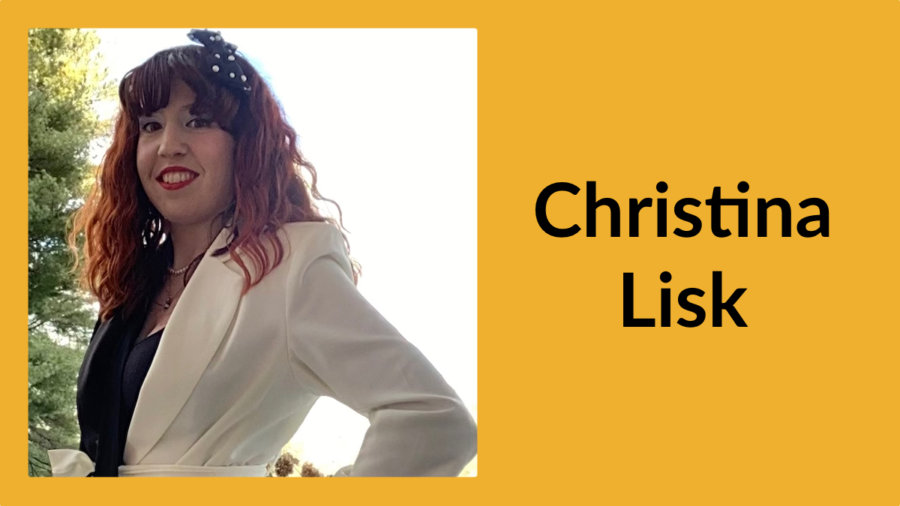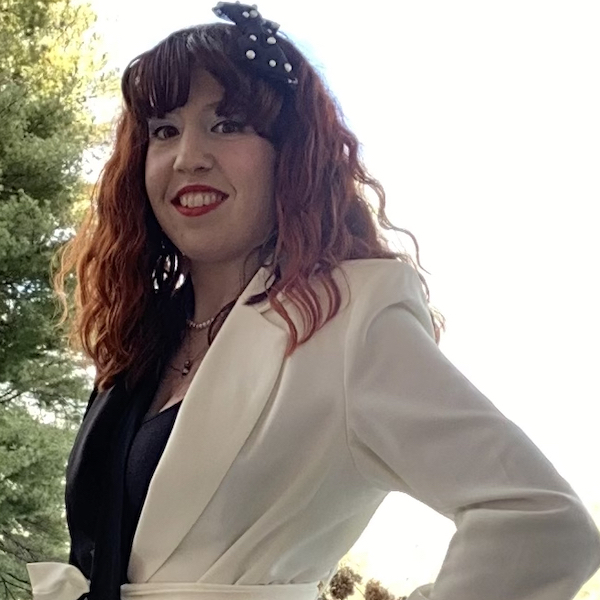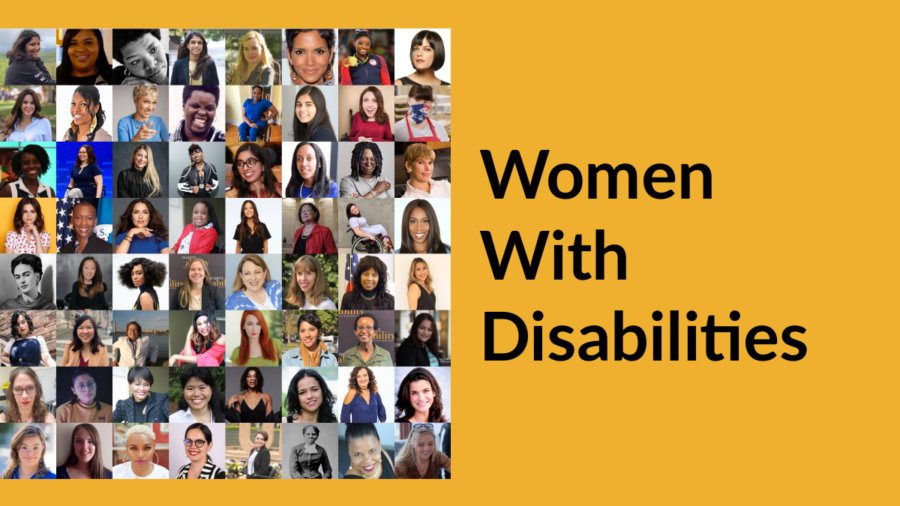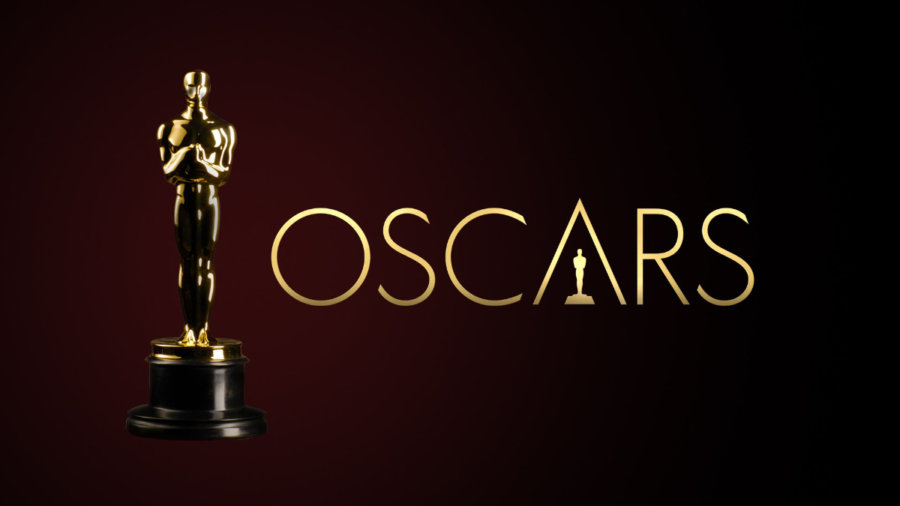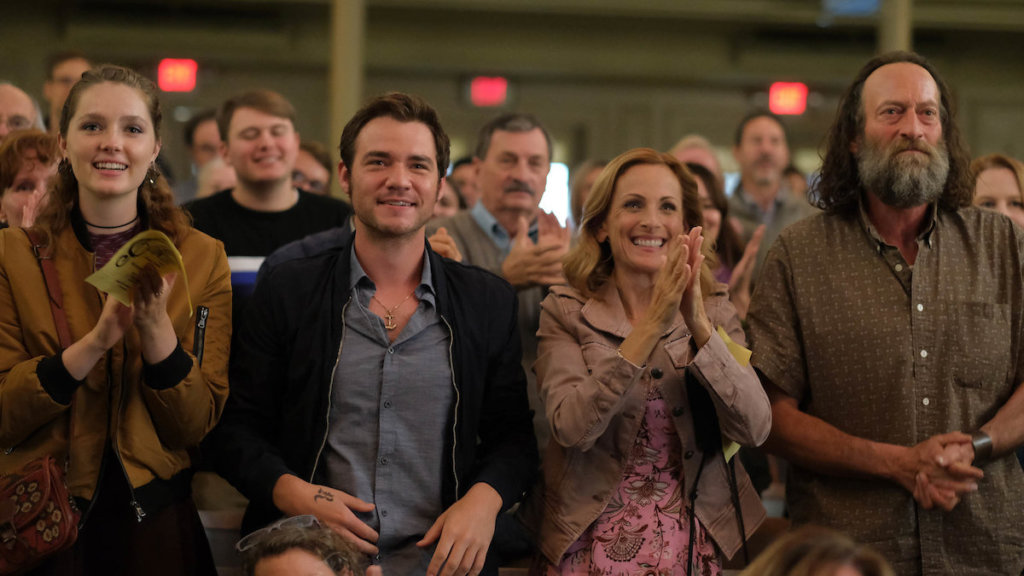New York City, March 25 – Professionals always have tried to frame the expectations of my life, whether they were an educator, service provider, or medical professional. Doctors told my parents I would never be able to see, hear, walk, talk, or live a “normal” life. What is normal? Despite my parents being given low expectations of me, I am no less of a human in their eyes.
I asked my parents one day why I can’t walk or do certain things. At that moment I learned what my story is. We all have a story. What’s your story?
I was born premature weighing only two and a half pounds, so doctors said that I needed to stay in the hospital for weight gain. While there I received a lack of oxygen to my brain, and as a result my motor skills were impacted. At nine months old, my parents expressed concerns about my lack of progress in my milestones, and this early intervention is when my parents learned the name of my disability. Cerebral Palsy is a part of me. [continue reading…]


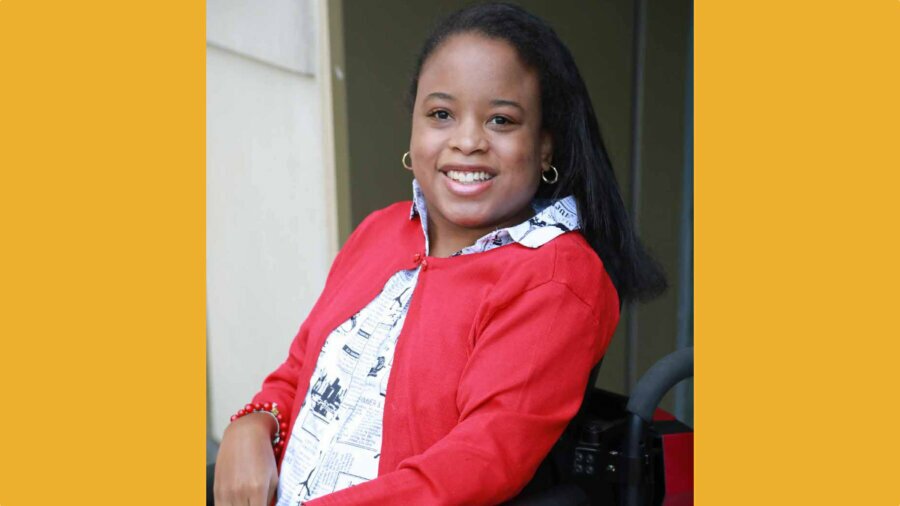
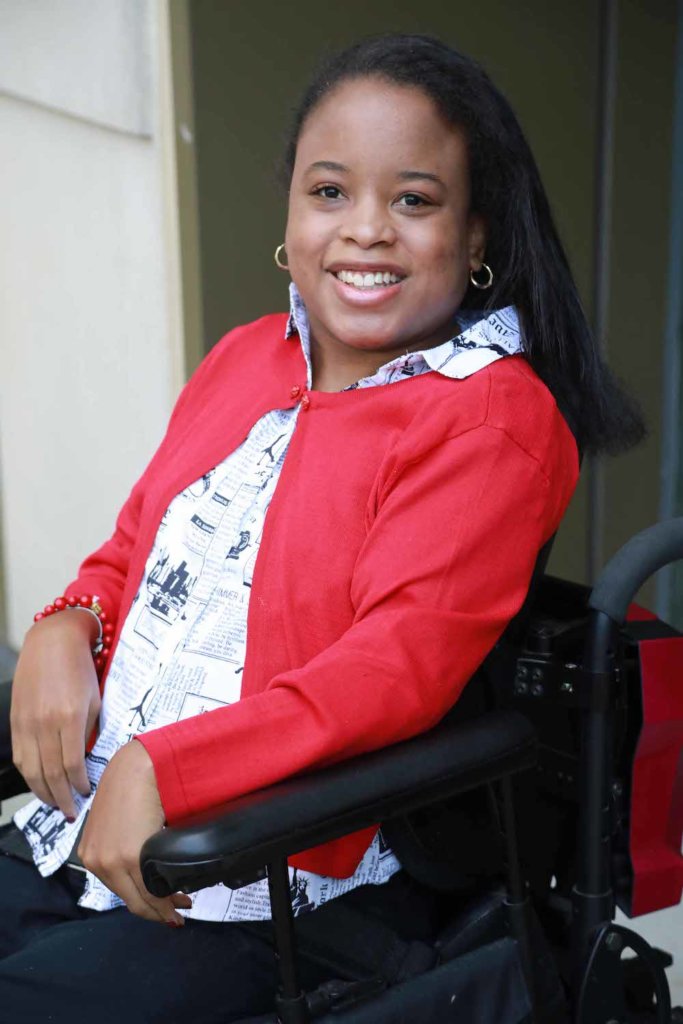
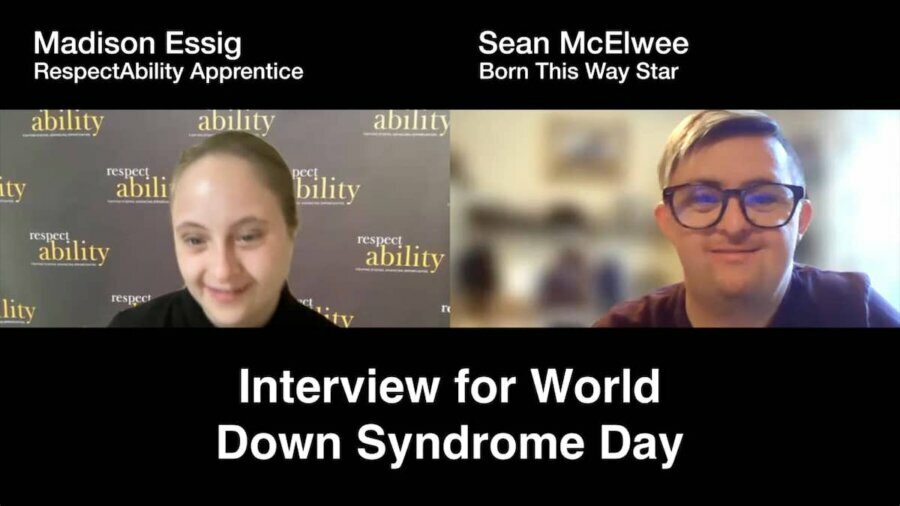
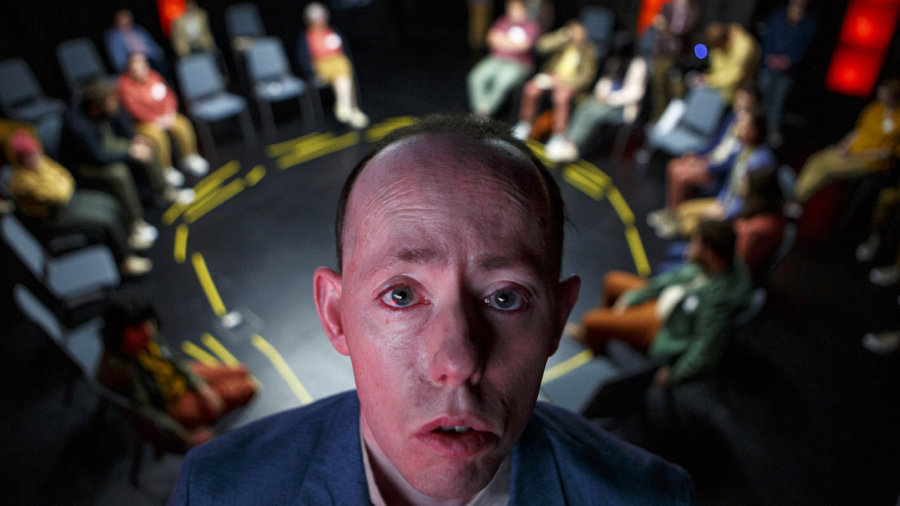
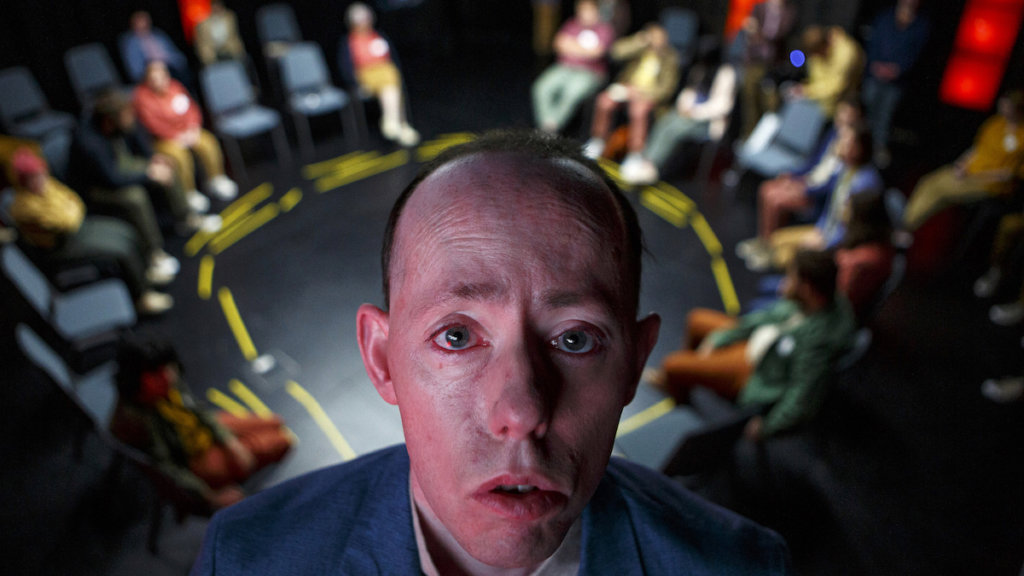
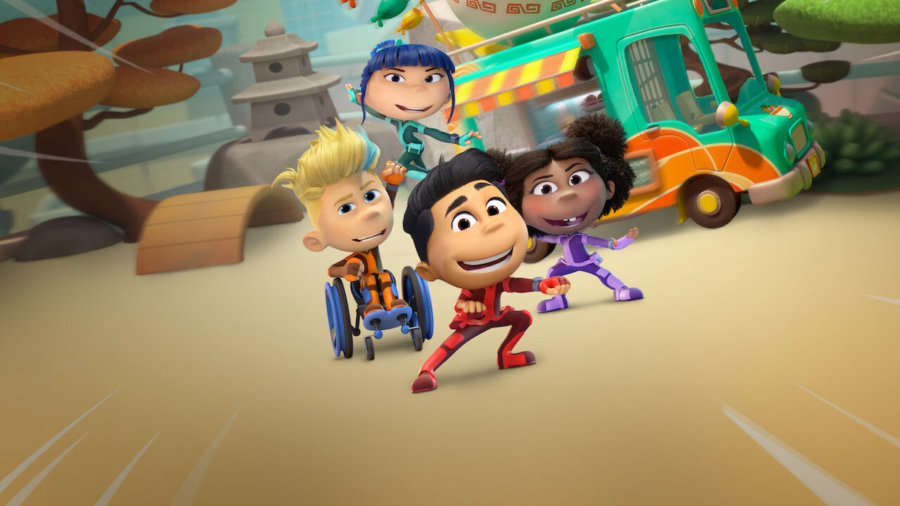
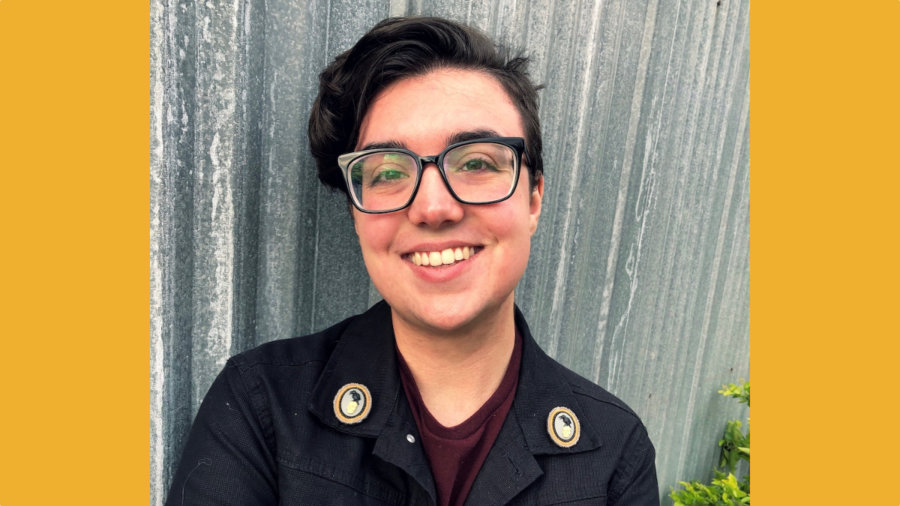
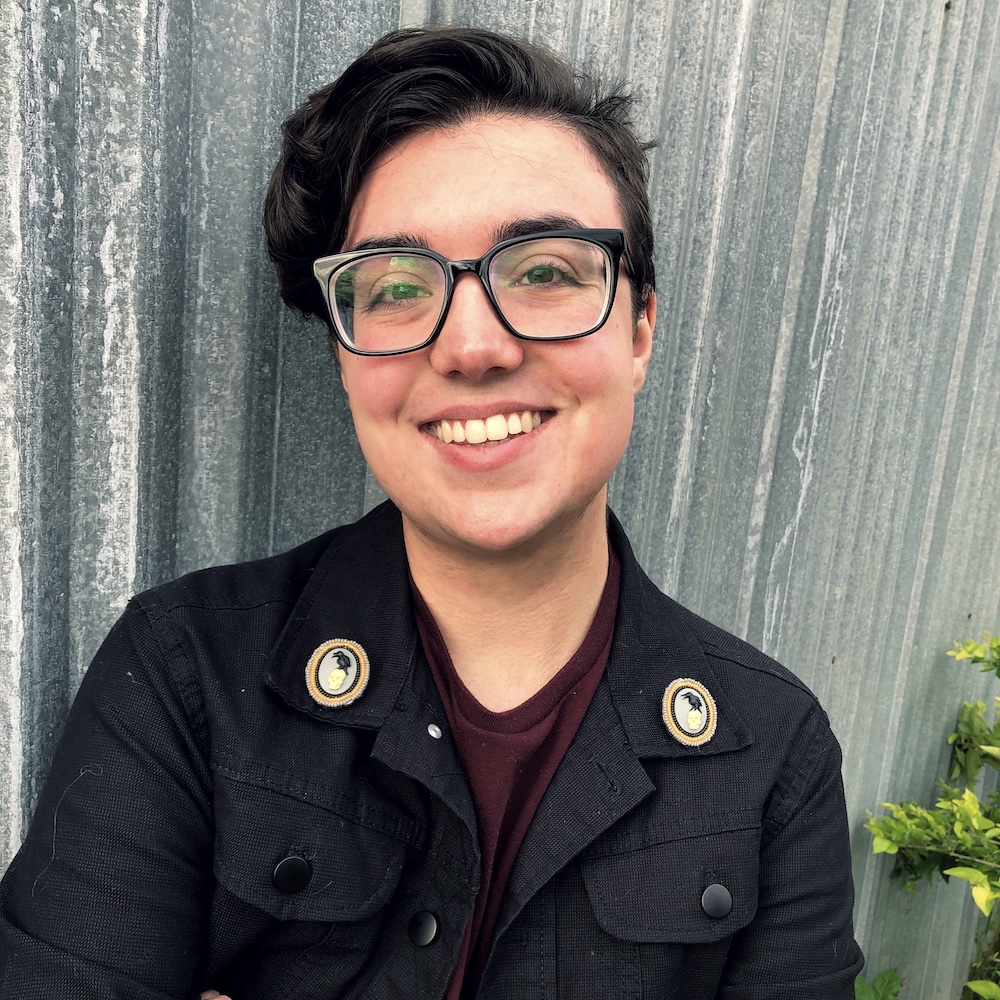 Los Angeles, March 14 – When you’re disabled, when you’re trans, when you’re a child growing up in a rural community of abuse, your body does not belong to yourself. The most important thing you can do, as impossibly difficult as it is, is to reclaim yourself.
Los Angeles, March 14 – When you’re disabled, when you’re trans, when you’re a child growing up in a rural community of abuse, your body does not belong to yourself. The most important thing you can do, as impossibly difficult as it is, is to reclaim yourself.